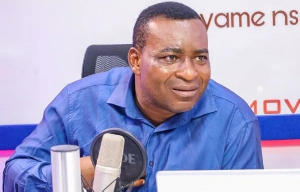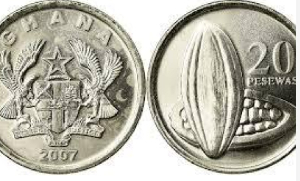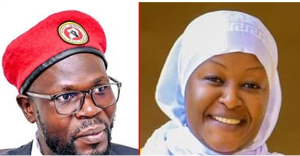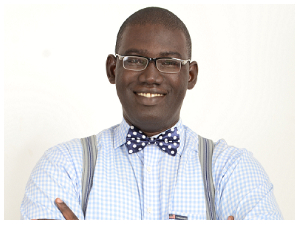By Kwame Okoampa-Ahoofe, Jr., Ph.D.
Garden City, New York
Nov. 29, 2014
E-mail: okoampaahoofe@optimum.net
I suppose the African University College of Communication (AUCC) is the one that was founded by Mr. Kojo Yankah, a man I quite admire but whose political proclivities in the past had not fascinated me the least bit. Well, today, we have decided to take issue with an AUCC lecturer by the name of Mr. Charles Prempeh. I understand that the latter teaches communications, and so I am assuming that he thought through it quite a bit before publicly deciding to call on the Mahama-led National Democratic Congress government to legalize the smoking of cannabis, otherwise known as marijuana (or maryjane), globally, "weed," here in the United States, "ganja," in the Caribbean, most notably Jamaica, and "wee," in Ghana.
Maybe as a lecturer of communications, the first step that Mr. Prempeh ought to have taken should have been to find out how it came about that most of his countrymen and women call marijuana "wee," and not by any of the other names used in other parts of the world. That would have given him quite an instructive sense of the attitude of most ordinary Ghanaians towards the globally banned herbal substance. Still, I prefer to take Mr. Prempeh up on his rationale that just because some "well-respected individuals in Ghana are already using marijuana [in the privacy of their homes or other hideouts and sanctuaries]" ought to make the public use of this drug an acceptable practice and a part of our culture.
Make no mistake, marijuana is a drug. Maybe the marijuana advocate ought to have also defined the particular levels of esteem and/or respect in which the models of his marijuana-smoking advocacy are held. Are these subjects, all of them, necessarily the sort of models or leaders that most of us would pray our children and grandchildren to aspire to be like? And if yes or no, what are the modulating and/or mitigating factors?
The African University College of Communications lecturer also claims to have thoroughly researched the subject of marijuana, and that the latter is "a good herbal substance used by medical experts and spiritualists to prepare drugs and other chemicals for healing purposes." Now, this is quite interesting, except for the fact that Mr. Prempeh does not inform his audience and readers that the examples cited by him regard the "expert" and "ritual' uses of marijuana.
I prefer to leave out the "spiritual" or ritualistic uses of marijuana, because "spirituality" is too subjective to be effectively, forensically and/or objectively debated. The Akan have a maxim which runs tersely as follows: "When someone was bidding farewell to his/her god, there were no other witnesses present." Mr. Prempeh is quite right that medical experts use marijuana, just as they also use cocaine, to prepare medicines for healing purposes. The key phrase here, of course, is "medical experts." And the irony here is that the overwhelming majority of the people that Mr. Prempeh would have gain free and liberal access to marijuana are not "medical experts." Neither are these trained "spiritualists whose use of the substance is informed by the disciplined use of the same.
Here in the United States, for instance, there is a scientifically categorized use of marijuana which largely entails the prescribed use of this substance by (medical) board-certified physicians for patients scientifically/medically determined to require the same. Often in such circumstances, the authorized user may be suffering from a pain-inducing illnesss for which marijuana is prescribed as an anodyne or a painkiller. I suppose the sort of marijuana use that Mr. Prempeh is advocating is called "Recreational Marijuana," the use of marijuana as a pleasurable substance, in much the same way that some people drink beer and hard liquor at social gatherings and functions.
In the United States, doctors who are found to have abused their professional right to prescribe "medical marijuana" for their patients, have had their licenses withdrawn. On a serious note, however, I resent Mr. Prempeh's copycat suggestion that since countries like Holland, Switzerland, Uruguay, Argentina and Mexico permit the public and recreational use of marijuana, therefore Ghana should also follow suit. No such advocacy could be more preposterous.
You see, I prefer to think that Ghanaians have our unique set of standards organically informed by our ethos and culture. Then also, Mr. Prempeh's hollow attempt to contradict Dr. Akwasi Osei, the National Chief Psychiatrist, on the question of the scientifically and empirically proven negative impact of marijuana smoking on a remarkable percentage of users is rather laughable. It may interest the AUCC lecturer to know that marijuana is a "psychotropic" drug with provable deleterious impact on the human brain, used immoderately and unguardedly.
Opinions of Wednesday, 10 December 2014
Columnist: Okoampa-Ahoofe, Kwame















